Whether you’re buying or selling, the real estate market can be daunting. However, it’s considerably less scary to navigate if you know what to look for and what to avoid. To help you get started, we’ve compiled a list of the top real estate secrets to keep in mind.
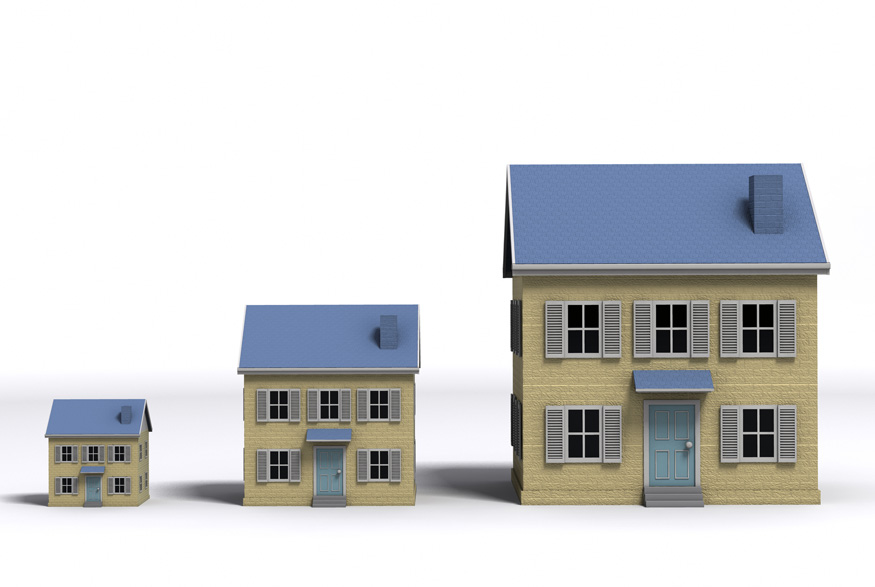
1. Size Isn’t Everything
A larger house isn’t necessarily worth more. In fact, it’s better to buy a smaller home in a prime location than a mansion in a less desirable neighbourhood because you’ll reap bigger rewards when it comes time to sell.

2. Transport and Amenities Matter
Living nearby public transport and various amenities like hospitals and schools can drive up a home’s value. However, only to a certain extent. Nobody wants to listen to their glassware rattle thanks to passing trains, or be woken up at night by blaring ambulance sirens.
In a study, Realtor.com found that living too close to a hospital, for example, can bring down the price of a property by 3%.

3. Start Small
If you want an investment property, it’s a good idea to start with something small like a condo or a townhouse. In larger cities, you’ll be able to rent the space out more easily and make your money back. Besides, it will be easier to pay the mortgage on a smaller property and afford the upkeep.

4. Decide How to Earn From Your Investment
Before you start looking for a suitable property to buy, figure out how you want to earn from your investment. If you plan to make a large profit in a short period of time, you may want to invest in a market with high sell rates and where property values have been appreciating quickly.
However, if you prefer steady rental income long term, it’s better to look at how rent prices have been increasing in the area you want to reside.
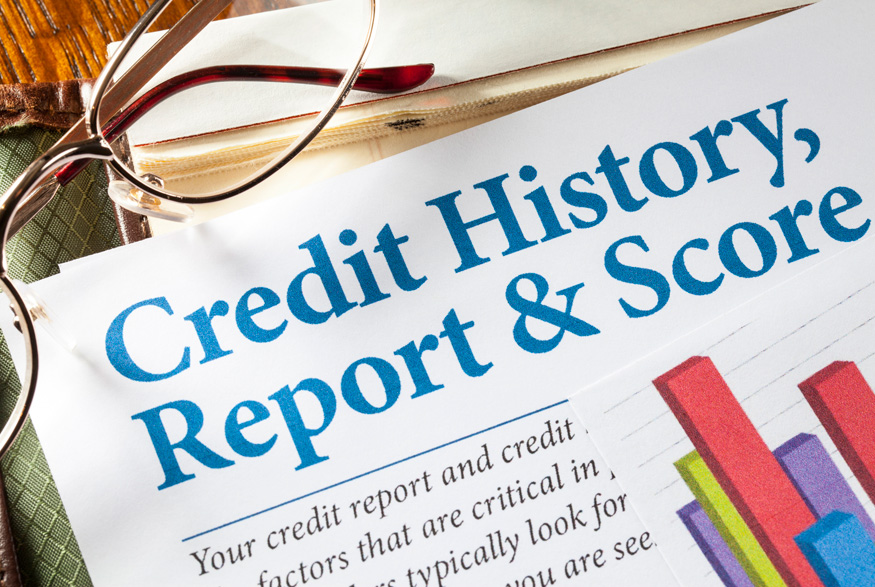
5. Check Your Credit Rating
Once you begin house hunting, check your credit rating. This way, you can resolve any issues before you start negotiating with a mortgage lender.
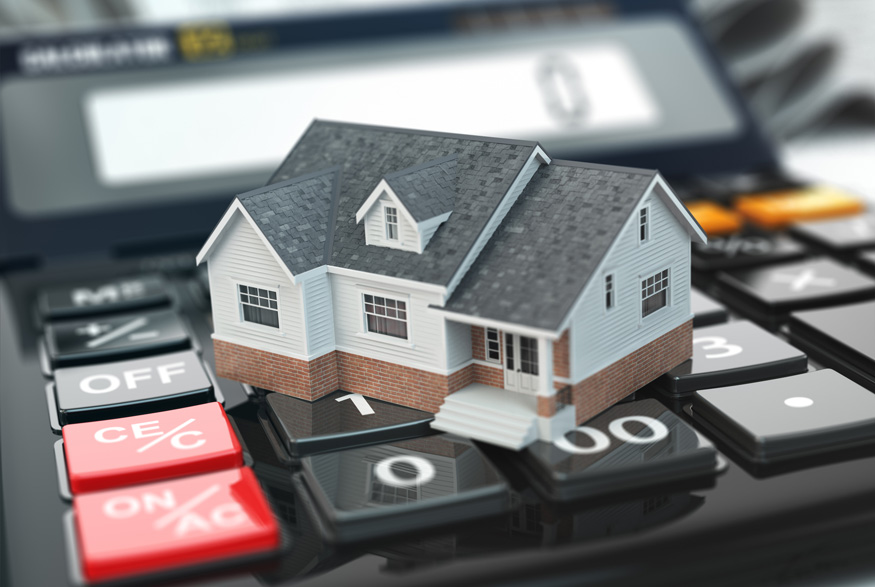
6. Know What You Can Afford
Don’t start viewing properties until you’ve worked out exactly what you can afford. Consider using an online mortgage calculator or speaking to a mortgage lender for guidance. Finalizing a maximum price will help to narrow down your choices and keep you from over-stretching your budget.
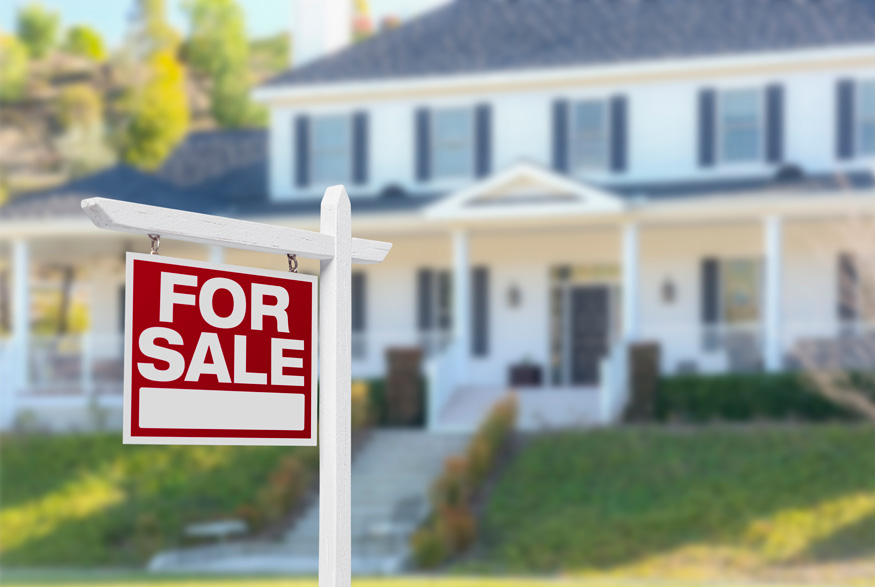
7. Stick to Your Price
Once you’ve determined the maximum amount you’re willing and able to pay, stick to it. If you don’t stand firm, real estate agents will try the upsell by showing you properties just a little out of your price range.

8. Look Beyond the City Limits
Many of the best real estate markets in Canada right now are not in big cities but in smaller bedroom communities. Since suburban homes tend to be more affordable but have higher appreciation rates, you can invest in a larger property and sell it at a greater profit.

9. Dive into the Data
When deciding where to buy, it’s worth studying local data. If population growth, job creation and average income are growing faster than the provincial average, your investment has a greater chance of bearing fruit long term.

10. Check the Affordability Index
publishes a quarterly report in which they show the affordability of housing to a particular type of family as a percentage. The so-called “hot zone” for investors is a property that scores between 25 and 39%.
When properties are too cheap, more renters will jump to buy, which makes finding the right place more difficult. On the other hand, when properties are too expensive, there’s more risk of homes stalling in value.

11. Always Upgrade
Before you list your home, consider making a few upgrades to help you sell it at a higher price. While there’s no need to spend thousands of dollars on renovations, opting for a new carpet or a fresh coat of paint can make all the difference.

12. Focus on the Finer Things
Small details can have a huge impact on the sale of a home. Prospective buyers will check for everything from scratches on walls to whether light switches and locks work properly. Fix anything that is out of order if you want to sell at the highest possible price.
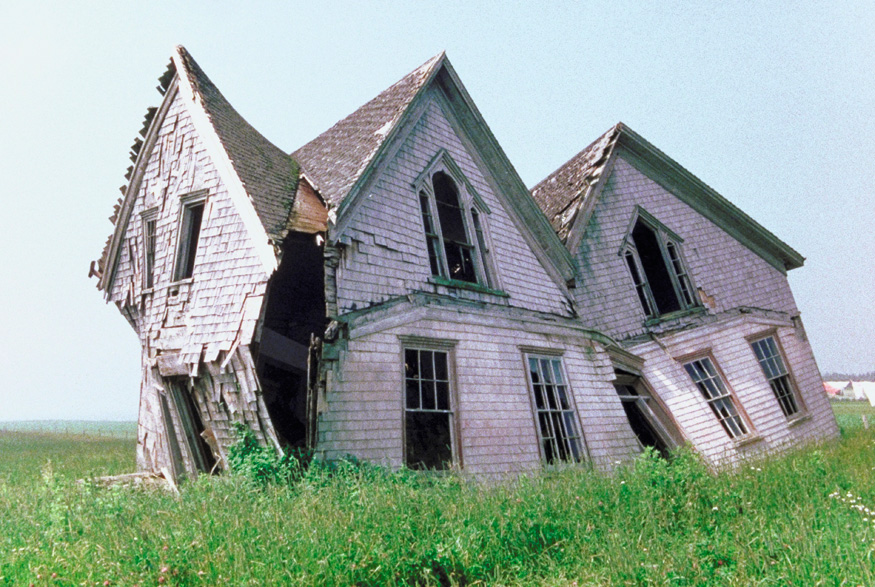
No Curb Appeal
Curb appeal is a big deal. If people drive by and don’t like the look of it, they may be tempted to just keep going. I’ve heard it said that as many as 75% of people who see a listing online drive by the property to look at it. So make sure it looks as appealing as possible at all times.

14. Get a Home Inspection
It’s imperative to have a home inspection done before you buy to ensure the property you’re after is in good shape. On the flip side, it’s also smart to get an inspection if you’re selling. It may take the pressure off potential buyers to have their own one done and will reassure them that you’re not hiding anything.

15. Make Sure the Price is Right
It’s often tempting to make your initial asking price much higher than what you’d be willing to settle for, so that you’ll have more room for negotiation. However, if your initial asking price is too high, you’ll scare away potential buyers who don’t want to look at properties out of their price range. Determine your asking price according to the current market conditions in the area.
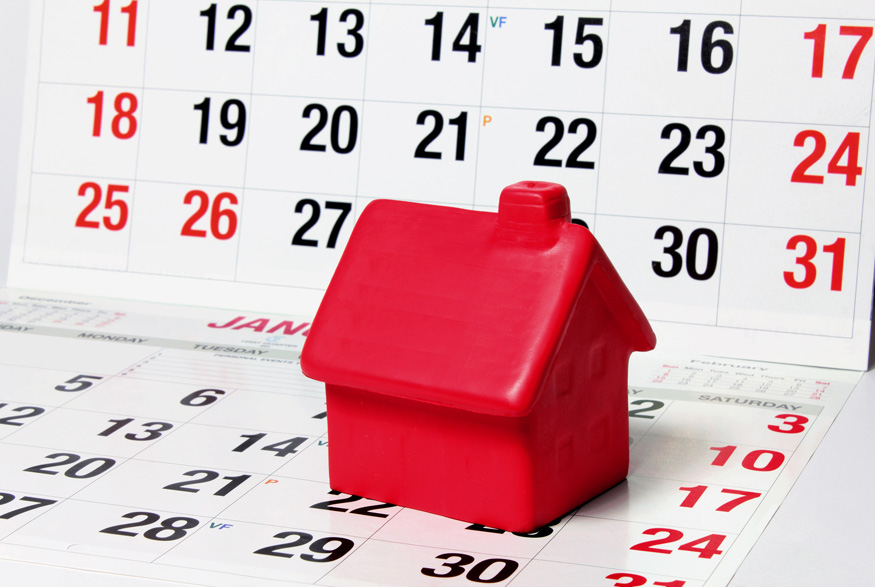
16. List at a Prime Time
According to Zoocasa.com, the most popular time to sell a house in Canada is between March and June, which gives buyers enough time to close the deal, get settled while they’re on holiday and enroll their children in new schools.
In July and August, and again in December and January, most potential buyers are too busy enjoying the holidays to go house hunting.
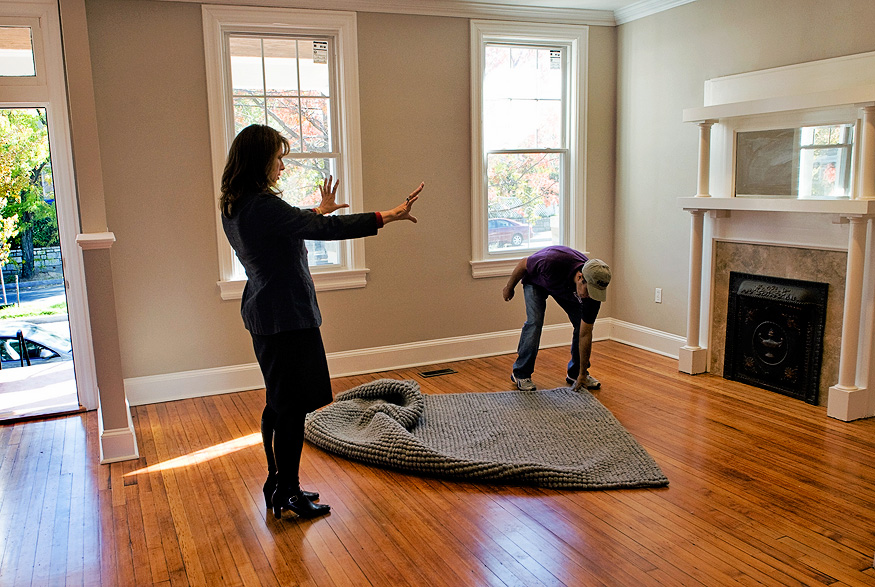
17. Set the Stage
Staging your home correctly, preferably with the input of a professional stager, will help prospective buyers see the property’s potential. Maintaining a clean and orderly space while adding simple touches such as seasonal decor are often all it takes to create a cozy and welcoming atmosphere.

You Don’t Respond Quickly Enough
Your agent isn’t the only one with a responsibility to reply quickly. Once you’ve got someone interested you don’t want to lose them, so if your agent calls with questions, whether it’s something about the house or an offer, respond quickly! If you don’t you’ll have no one to blame but yourself for a lost sale.
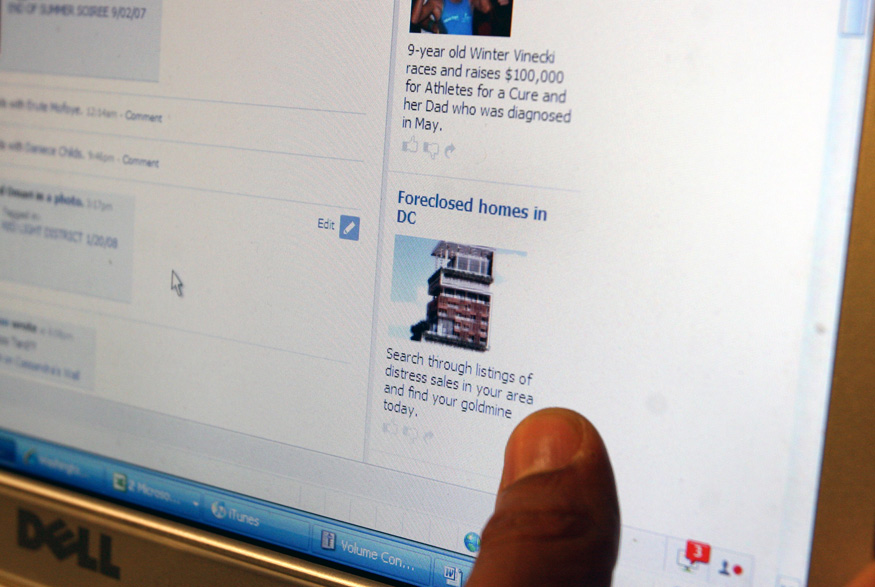
19. Use Social Media
Why not use social media to spread the word? Post pictures of your home on Facebook or Instagram, or upload a video on YouTube. Many real estate agents are now using these social channels as an additional selling tool.

20. Seek Professional Guidance
While it’s possible to sell a house successfully without an agent, it’s smart to rely on an expert. A real estate agent can provide valuable advice and will help you broker an even better deal. Be sure to check the agent’s credentials and sales history, and above all, make sure you feel comfortable with them.
HGTV your inbox.
By clicking "SIGN UP” you agree to receive emails from HGTV and accept Corus' Terms of Use and Corus' Privacy Policy.





